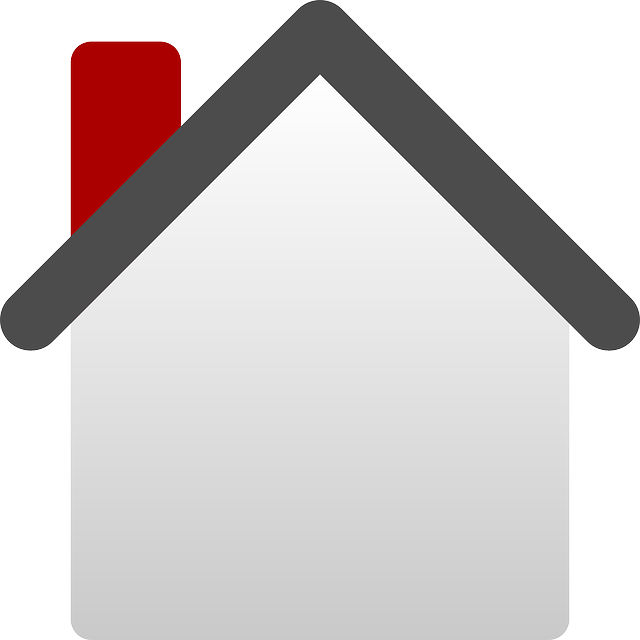Homeowners often make costly mistakes during home improvements by prioritizing aesthetics over energy efficiency. Common blunders include overlooking essential upgrades like insulation and efficient appliances, failing to obtain permits leading to delays and fines, hiring unlicensed contractors, and DIY measurement errors resulting in inefficient design choices. These mistakes can cause budget overruns, structural issues, safety hazards, and higher energy bills. To avoid these pitfalls, homeowners should prioritize research on local building codes and energy standards, seek professional advice when needed, and ensure meticulous planning to create sustainable and comfortable living spaces.
Overlooking energy efficiency in home upgrades can lead to significant regrets later. In today’s eco-conscious world, modern homes require more than just aesthetically pleasing designs; they demand smart and sustainable features. This article explores several common pitfalls that homeowners often encounter during renovation projects: from skipping crucial energy-efficient upgrades to the dangers of hiring unlicensed contractors. By understanding these mistakes, you can navigate home improvements with confidence, ensuring both a beautiful and efficient living space without falling victim to costly errors.
Home Improvement Mistakes: Skipping Crucial Energy Efficiency Upgrades
Many homeowners make the mistake of overlooking energy efficiency when planning their home improvement projects. This often stems from a focus on aesthetics or immediate needs, neglecting the long-term benefits of reducing energy consumption and utility costs. Skipping crucial energy efficiency upgrades like proper insulation, high-efficiency appliances, or LED lighting can lead to significant budget overruns down the line.
Common renovation oversights include failing to obtain necessary permits, which can result in costly delays and fines, and hiring unlicensed contractors who may not adhere to local building codes or ensure quality workmanship. Measurement mistakes in DIY projects, such as incorrect wall dimensions or floor spaces, can also contribute to inefficient design choices. By addressing these home improvement mistakes, homeowners can avoid not only financial pitfalls but also create more sustainable and comfortable living environments.
– Common oversights in home upgrades
Many homeowners make the mistake of overlooking energy efficiency when planning their home upgrades. In an excited rush to transform living spaces, essential considerations like insulation, efficient appliances, and smart thermostats often get pushed aside. This can lead to significant energy wastage and higher utility bills over time. Common home improvement mistakes include failing to update old windows, neglecting proper sealing, and not investing in energy-efficient appliances during renovation.
Another area of concern is the tendency to skip permits and engage unlicensed contractors, which can result in structural issues and safety hazards. DIY renovation errors such as incorrect measurements for fixtures or misaligned installations can also create problems that require costly fixes later. Furthermore, neglecting to research local building codes and energy efficiency standards can lead to projects that do not meet required specifications, causing delays and budget overruns.
– Importance of energy efficiency in modern homes
In today’s world, where environmental concerns and rising energy costs are at the forefront, energy efficiency should be a top priority for homeowners undertaking any home improvement or renovation project. Overlooking this aspect can lead to significant long-term consequences, not just for your wallet but also for the planet. Many common home upgrade mistakes often involve ignoring the energy-saving potential of certain design choices and installations. DIY renovation errors such as measurement miscalculations in fitting insulation or installing inefficient appliances can result in higher utility bills and a larger carbon footprint.
Remodeling pitfalls like skipping necessary permits, hiring unlicensed contractors, or failing to consider local building codes can create not only legal issues but also contribute to less energy-efficient homes. Budget overrun mistakes are often linked to these oversights, as unexpected costs from substandard materials or labor can derail even the best-planned home projects. To avoid these pitfalls, meticulous planning is crucial; this includes researching energy-efficient options, seeking professional advice when needed, and ensuring compliance with local regulations.
DIY Renovation Errors: Measurement and Planning Mishaps
Many well-intentioned DIY enthusiasts make the mistake of diving into home improvement projects without proper planning and preparation, which can lead to significant renovation errors. One of the most common pitfalls is underestimating the scope of work involved in a project, resulting in budget overruns. Skipping necessary permits and not seeking professional advice can also create legal issues and further financial burdens.
Measurement mistakes are another frequent oversight, especially for those tackling projects like kitchen remodels or bathroom renovations. Inaccurate measurements can lead to poorly fitted fixtures, cabinets, or countertops, necessitating costly rework. Additionally, hiring unlicensed contractors or overlooking the importance of permits can expose homeowners to risks, including subpar workmanship and potential safety hazards.
Many homeowners make the mistake of overlooking energy efficiency during upgrades, falling into common traps like DIY renovation errors and measurement mishaps. Skipping crucial energy-saving measures, such as proper insulation or efficient appliances, can lead to significant budget overruns and ongoing energy costs. To avoid these remodeling pitfalls, prioritize home project planning by researching local permits and hiring licensed professionals. Remember, a well-planned renovation that incorporates energy efficiency is not only more affordable but also contributes to a greener, more sustainable future.
